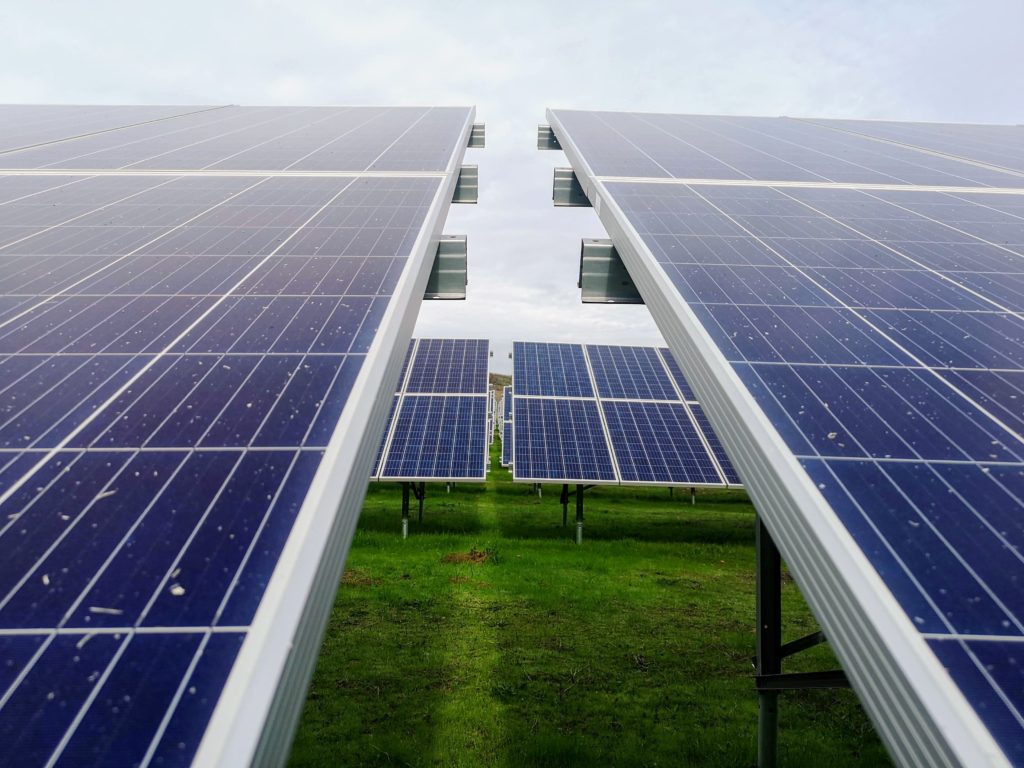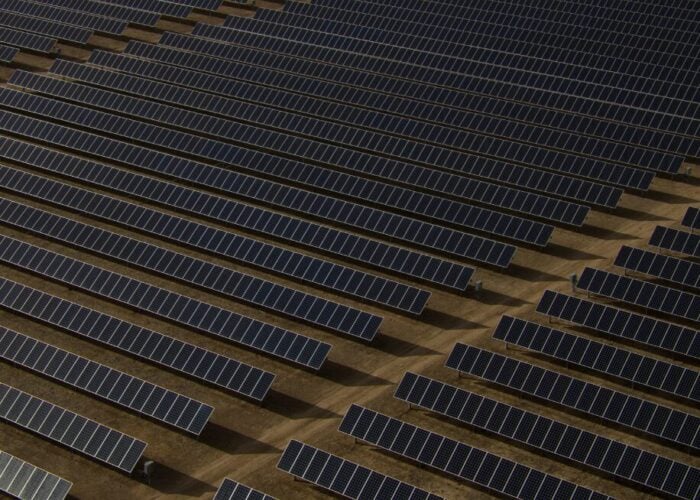
Nearly a third of all renewable technologies employment came from the solar PV industry in 2021, according to a new report from the International Renewable Energy Agency (IRENA).
The solar industry added 300,000 jobs in 2021 to reach 4.3 million and continues to account for the largest share of employment among renewables technologies.
Try Premium for just $1
- Full premium access for the first month at only $1
- Converts to an annual rate after 30 days unless cancelled
- Cancel anytime during the trial period
Premium Benefits
- Expert industry analysis and interviews
- Digital access to PV Tech Power journal
- Exclusive event discounts
Or get the full Premium subscription right away
Or continue reading this article for free
Released in collaboration with the International Labour Organization, the report shows that China, the leading manufacturer of PV equipment and largest solar installation market, increased its share from 58% in 2020 to 63% of PV employment worldwide, totalling some 2.7 million jobs. Manufacturing activities accounted for 1.6 million PV jobs in China.
While the US recovered from a dip in 2020 and rose to 255,000 workers last year, a 9% increase, Japan continues to reduce its workforce in the solar industry with an estimated 151,000 jobs in 2021, down from 220,000 in 2020.
Japan lost its third position to the booming Indian market, which recorded 217,000 jobs in the solar industry last year.
Also in the top ten countries for solar employment – which together accounted for 87% of the global total – last year were Bangladesh, Brazil, Poland, Germany, Vietnam and Australia, according to IRENA.
A recent report from trade body SolarPower Europe indicated that Poland had the largest solar workforce in Europe, ahead of Germany, despite not being the largest regional market in terms of installed capacity.
Reflecting the region’s dominance in solar manufacturing and strong deployment figures, Asia accounted for 79% of the world’s PV jobs in 2021. It was followed by the Americas with 7.7% (down from its 9% in 2020), Europe up from 6% in 2020 to 6.6% (with the EU accounting for 5.5%) and the rest of the world (4.9%).
“To secure jobs and other socioeconomic benefits worldwide, more countries across the globe need to pursue policies to boost their domestic capabilities,” said Francesco La Camera, IRENA director-general and Guy Ryder, ILO director-general.
Furthermore, the report outlined “encouraging” advances made in workforce gender equity, with the solar industry faring better than the renewable energy sector as a whole, but more remains to be done to boost women’s participation at all levels of the sector, according to the report.






